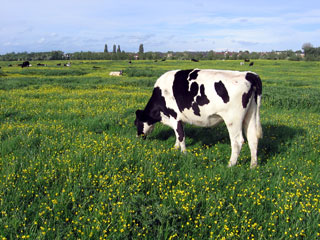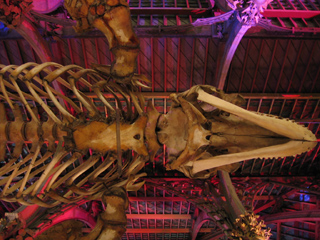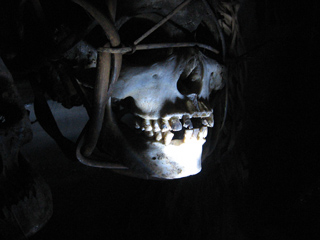Preamble
‘Policy making’ can be understood as the application of judgment to problems, on the part of those empowered to make choices that will affect the matters in question. Global environmental policy making, in particular, involves heightened difficulties related to the process of acting upon the world. Firstly, with regards to such large and complex matters as climate change and the management of ecosystems, our understanding of the objective nature of the world is uncertain. This applies both to the functioning of the natural world in the absence of specific human prompts and to the impact that choices made by human beings and organizations will have within the context of natural processes. On the one hand, for instance, we have an imperfect understanding of the functioning of food webs in the absence of human involvement. On the other, we have an incomplete understanding of the effects of pesticide use on those processes.
The major vehicle through which questions about the nature of the world and the consequences of human action are accessed is science. ‘Science’ exists as a collection of methodologies, epistemic communities, and ideals. While the role of science as an entity involved in policy making may seem initially straightforward, complexities arise rapidly. Crucially, these involve the balance between making judgments about ontological questions under circumstances of uncertainly and the balance of making judgments between alternative courses of action. On one hand, for example, scientists can assess the distribution of fallout from atmospheric nuclear tests conducted above islands in the Pacific; on the other, groups of concerned scientists can call for the discontinuation of such tests.
The perceived appropriateness of each of those roles, on the part of scientists, is reflective of the credibility of scientists as individuals and members of communities and organizations, as well as the political understandings that exist about the relationship between expert knowledge and power. All viable environmental policies must be created in light of existing and emerging expert knowledge, but the question of arbitration between descriptive and prescriptive claims is one that raises fundamental issues about how science and policy do, can, and should relate.
The question
This thesis will examine the relationship between science and global environmental policy making on two conceptually separable but intertwined levels. It will so so firstly on the practical level of how environmental science and scientists have been involved in the development of laws and institutions and secondly at the more theoretical level of the understood relationship between the actual communities and idealized roles of scientists and policy makers. While the general answers for each level will be generated through different methodological means, it can be hoped that the insights generated will be mutually reinforcing.
In order to engage with the practical questions of how science has affected policy making, this thesis will examine two case studies: the 2001 Stockholm Convention on Persistent Organic Pollutants and the 1997 Kyoto Protocol to the United Nations Framework Convention on Climate Change. The first can be seen as an example of a mechanism where a scientific understanding emerged of the issue in question and a reasonably effective legal regime for its mitigation emerged. The second example demonstrates a situation in which, for reasons which shall be examined, a similar progression from issue identification to effective policy action has not taken place. The contrast between the cases will hopefully allow for the isolation of important variables, on the basis of the comparative study of preparatory documentation and the first-hand impressions of the participants.
The theoretical component of this thesis will use the controversy surrounding the publication of Bjorn Lomborg’s The Skeptical Environmentalist in 2001 as a starting point for addressing the internal debate within the scientific and policy communities about the role that science and scientists should play in the making of decisions that entail both potentially enormous costs and equally serious risks. The theoretical discussion will also involve the examination of the secondary literature on the philosophy of science, as well as the relationship of science and policy in related fields: such as global health and development studies.
The thesis will consider the competing hypotheses that the general understanding of science as a descriptive adjunct to the prescriptive policy making process is broadly valid, that is is overly simplistic given the multifaceted nature of the epistemic communities involved, and that it might be a fundamentally inappropriate way of representing a corpus of thinking, institutions, and individuals which is actually incapable of operating without concealed normative maneuverings. These possibilities will be assessed through consideration of the examples listed above, as well as the analysis of primary and secondary documentation.
See also: Research design essay planning (15 May 2006)





